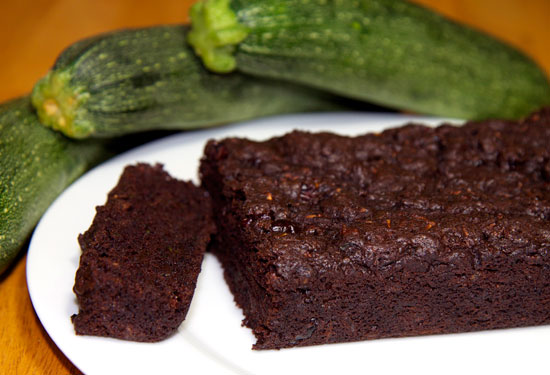Definition
The definition we use for the "vegetarian
diet", generally accepted around the world, is a diet that includes
fruits, vegetables, grains, seeds, nuts, Dairy products, eggs and honey.
The Dairy Industry

The Dairy industry is inextricably linked
to the Beef industry. Unwanted calves, both female and male, are either
sent directly to slaughter, as "vealers", or become beef cattle, to be
killed later as adults.
After a lifetime of service to the dairy farmer, many (if not all) older
cows, who are no longer producing as the farmer requires, are also
killed for meat. The Dairy cow is forced to become pregnant, so she can
produce milk for vegetarians' cornflakes and coffee. The only way that
the cow's milk can be given to humans is to deprive the calf of its
natural milk. So, the calf is taken away from the cow, which is very
distressing to the mother cow, as any human mother can imagine. Can you
imagine the outcry if humans did this to human mothers? It did happen to
the Australian Aborigines, with appropriate outrage! Not to be outraged
by this behaviour, is to be "speciesist". Would you support or condone
this industry?














 The
World Cancer Research Fund (WCRF) has just completed a detailed review
of more than 7,000 clinical studies covering links between diet and
cancer. Its conclusion is rocking the health world with startling
bluntness: Processed meats are too dangerous for human consumption.
Consumers should stop buying and eating all processed meat products for the rest of their lives
The
World Cancer Research Fund (WCRF) has just completed a detailed review
of more than 7,000 clinical studies covering links between diet and
cancer. Its conclusion is rocking the health world with startling
bluntness: Processed meats are too dangerous for human consumption.
Consumers should stop buying and eating all processed meat products for the rest of their lives
